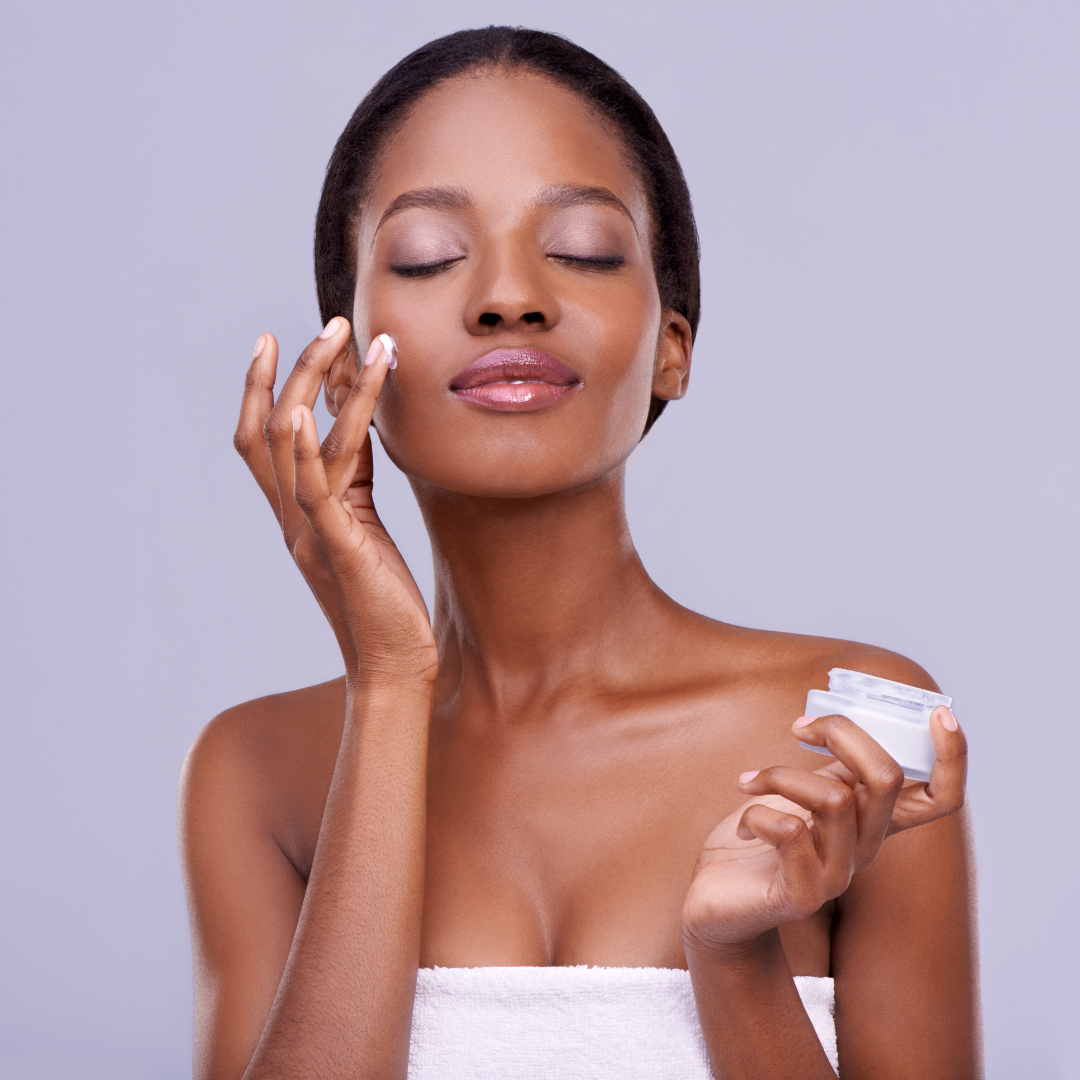RECENT POST
LIVING WITH PSORIASIS
Psoriasis is most often found on the areas of the body that are typically the hardest to moisturize. (elbows, legs, scalp, lower back, face, palms and soles of the feet). But it also be found in areas like fingernails, toenails, genitals and inside the mouth. Scalp psoriasis affects about 50 percent of people with psoriasis, making it one of the most obvious concerns in people with the condition.
LIVING WITH PSORIASIS
CAUSES, TRIGGERS AND NATURAL REMEDIES
What is Psoriasis?
Though psoriasis is believed to be a skin condition, it really starts underneath the skin. It is a disease of the immune system that can be very severe or very mild. When your body is afflicted with psoriasis, it produces an over-stressed immune system causing inflammation and scaling of the skin. Though healthy skin can produce new cells in 30 days, psoriasis skin produces at the rate of 2 to 3 days. The human body cannot shed old skin at that rate so it eventually causes a pile up and can result in the following:
Skin discoloring
Cracked skin
Easily bruised or bleeding skin
Discoloration in the finger and toenails or growth of toenail fungus
Red skin,
Loose skin
Lesions
Dandruff
The symptoms above can result in great discomfort and a visible appearance that can embarrass some people. Because I believe Mother Nature has a natural solution for most of our ailments, I researched natural remedies that could help heal and/or soothe psoriasis symptoms.
What did I learn?
Psoriasis can be a challenging condition to cope with--here are a few ways to help manage your psoriasis symptoms.
Natural Ways to fight psoriasis
· Eat a Psoriasis Friendly Diet
· Reduce Stress
· Exercise and Drink Water
· Take care of your skin
Eating a Psoriasis Friendly Diet
Your diet will be the most powerful weapon to healing and soothing your psoriasis. The more you consume a healing, anti-inflammatory foods, the better the results.
Consume food high in
· Probiotic foods can support digestion, reduce inflammation and boost immunity
· High-fiber foods helps avoid constipation and keep your natural detoxification processes on track.
· Antioxidants is known to reduce risk for cancer and heart disease.
· Zinc helps reduce pain and joint swelling.
· Vitamin A is critical for skin healing.
· Vitamin D helps fight psoriasis
· Omega-3 fatty acids is key to improving psoriasis
· Turmeric is known for its potent health properties and helpful in minimizing psoriasis
· Aloe Vera is very soothing to the body, especially to the digestive system and skin.
Items to avoid
· Processed foods
· Simple Sugars
· Alcohol
· Conventional diary and meats
· Hydrogenated oils
· Fried Foods
· Caffeine
Reduce Stress
Research has made a correlation between stress and psoriasis. Most suffers symptoms worsen during stressful times in their life. Engage in relaxation techniques such as yoga, meditation, massage to help reduce stress.
Exercise and Drink Water
While exercising may be the last thing you want to do during a flare up, physical activity helps the body produce the properties that may lower systematic inflammation. Walking is always a full-proof way to get exercise as well. Shoot for 30 minutes of exercise, five days a week.
Drinking water can help reduce the harsh symptoms of psoriasis. Consuming at least 64 oz of water daily can help flush toxins, promote healthy and hydrated skin.
Psoriasis is most often found on the areas of the body that are typically the hardest to moisturize. (elbows, legs, scalp, lower back, face, palms and soles of the feet). But it also be found in areas like fingernails, toenails, genitals and inside the mouth. Scalp psoriasis affects about 50 percent of people with psoriasis, making it one of the most obvious concerns in people with the condition.
Take Care of Your Skin
Maintaining optimal skin condition and focused psoriasis diet can help calm the skin and prevent flare ups. Due to the sensitivity of your skin, it is recommended that you avoid products with harsh ingredients like alcohol, acids (glycolic, salicylic, and lactic acid).
Essential oils and natural butters are great remedies for psoriasis. Tea tree, lavender, frankincense, myrrh and geranium essential oil can bring relief to inflamed skin and support the healing process. The below items all produce one or more properties to soothe your symptoms.
Carrier Oils
o Coconut oil has anti-inflammatory and moisturizing properties
o Castor oil has anti-inflammatory and moisturizing properties
Additional Oils
Apricot Oil
Argan oil
Olive oil
Safflower oil
Sweet almond oil
Essential Oils
o Tea tree oil has anti-bacteria and anti-inflammatory properties
o Lavender oil has anti-inflammatory properties
o Frankincense oil has antiseptic, antibacterial, antioxidant and anti-inflammatory properties
o Myrrh oil directly address the chaffing and flaking of cracked skin
o Geranium oil has anti-inflammatory properties and promotes circulation
·
Natural Butters
Unrefined Shea Butter is a source of vitamins A and E, necessary for the normal condition of our skin.
Vitamin A promotes regeneration of cells, soothes and nourishes dry, acne, thin skin.
Vitamin E reduces the risk of appearance of cancer cells due to its antioxidant properties.
Mango Butter contains vitamins A, high amount of vitamin E, C, D, group B vitamins, folic acid, calcium, iron, and magnesium. Mango butter also reduces degeneration of skin cells and restores elasticity.
While psoriasis is a chronic condition that requires daily attention, if you take good care of your skin and stick to your treatment plan, flare-ups can be reduced to give you some relief.













Are you considering a vegan or flexi-vegan diet, but it seems intimidating or impossible?